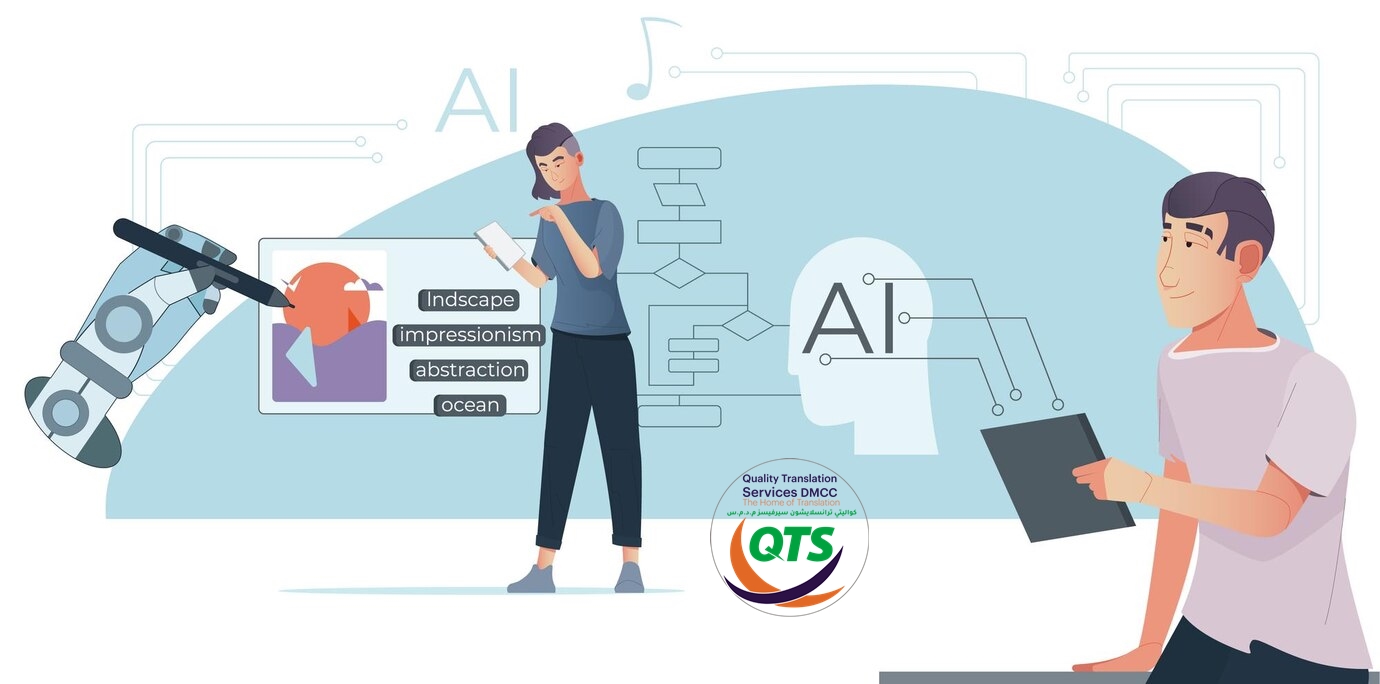The Hidden Risks of AI-Powered Translation Tools
In the age of rapid technological advancement, artificial intelligence (AI) has revolutionized various industries, including language translation. AI-powered translation tools are known for efficiency and convenience. However, relying solely on AI tools for all of your business’s translation requirements can be risky.
AI translation tools often present certain hidden pitfalls that can damage your brand, message, and even data security. While AI translation tools can streamline the translation process, they often struggle to replicate the level of understanding and nuanced interpretation that human translation in Dubai can offer.
In this article, we will explore certain pitfalls of relying solely on AI for your business’s translation tasks. It is important for your business to understand these potential risks so you can make more informed decisions on how to navigate your cross-cultural communication strategies.
The Risks of Using AI-Powered Translation Tools:
1) Data Security Concerns
One of the biggest concerns associated with AI-driven translation tools is data security and encryption. While these tools may offer efficient translation of large amounts of text, they also require stringent security measures.
The algorithms behind AI translation tools often analyze and store your data, raising concerns about potential misuse. Sharing your organization’s data without knowledge of third-party tools is a significant risk, potentially compromising confidential data. Data breaches can damage your business’s credibility and trust, especially when dealing with sensitive customer information.
2) Accuracy and Context
High-quality translations extend beyond exchanging phrases and words between languages. They require a deep understanding of context, tone, and nuance. AI translations may not capture your intended tone, style, or message, resulting in translations that lack context and don’t resonate with your target audience.
Machine-generated translations can often sound unnatural, limiting comprehension and organic engagement. This can compromise the accuracy of your translated content and may lead to misrepresentations or misunderstandings, especially in culturally sensitive contexts.
3) Lack of Cultural Sensitivity
Localization is a crucial aspect of translation processes. Effectively communicating your brand’s messages and vision in a new culture and language requires more than just translation. However, AI tools often struggle with regional variations and brand localization.
Providing the same translation for multiple geographical regions can be insensitive to cultural and social differences. Without the ability to understand the subtleties of different languages and the social implications of certain terminology, AI tools may generate translations that are politically incorrect or offensive.
4) Minimal Personalization
Tailoring your translations to your brand’s unique voice and style can be challenging with AI tools. Unlike human translation services, which can tailor your translations to specific target demographics and audiences, AI tools utilize predefined algorithms and structures. This significantly limits customization and personalization options.
Therefore, AI-generated translations may lack the resonance and relevance required to effectively engage with your target audiences in different regions.
5) Human Intervention
Despite recent technological advancements, AI translation tools may still require human intervention.
Human expertise is required to ensure accuracy, fluency, and cultural sensitivity. AI tools also rely on humans to upload data, process results, and perform extensive quality checks.
Final Takeaway
While AI translation tools do offer unparalleled convenience and speed, their limitations and risks are significant. By striking the right balance between technological innovation and human expertise and intervention, your business can effectively navigate the complexities of translation with confidence and accuracy.
Are you searching for high-quality translation services in Dubai? Contact us now to learn more about how your business can leverage the power of translation services to foster global success.

